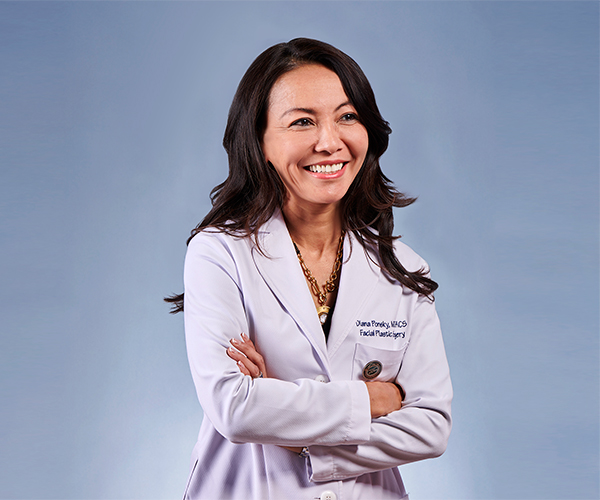The most important thing is to be honest. I tell them the facts of their diagnosis. We talk about the goal of therapy, which can be one of three things: a cure, palliation (treatments to alleviate symptoms), or, in the middle, prolongation of survival. I tell them what the studies have shown for their particular cancer, and what the goals generally are. I'll always be honest with them, but I don't tell them the average survival rates right away. The most important factor in how long you're going to live is whether or not whatever I give you to treat this shrinks it down or not — if the cancer responds or not. I tell people what the averages are, but I also tell them I've seen patients live much longer. I don't want to take hope away. I feel strongly that hope is a big part of the cancer process. I give them as much knowledge as I can, and I try to be as positive as I can.
I don't use the word "cancer" at first. If I'm talking to a teenager and their parents, I talk a little more openly: "I have the final results of the bone marrow evaluation that we did. It confirmed that you have leukemia. Leukemia is a cancer of the blood and the bone marrow, so where all of your blood cells are made is where the problem started." Then we talk about the treatment plan, and the common side effects related to chemotherapy: hair loss, nausea and vomiting. For a 4- or 5-year-old, we explain it to them in general terms: "Your blood is sick, and we need to give you medicine to make it better." The young kids adapt much more easily; for teenagers, their life is turned upside down. I tell parents, "I can't guarantee that your child will survive, or that bad things won't happen, but the one thing I can guarantee you is that I will treat them as if they were my own child."



